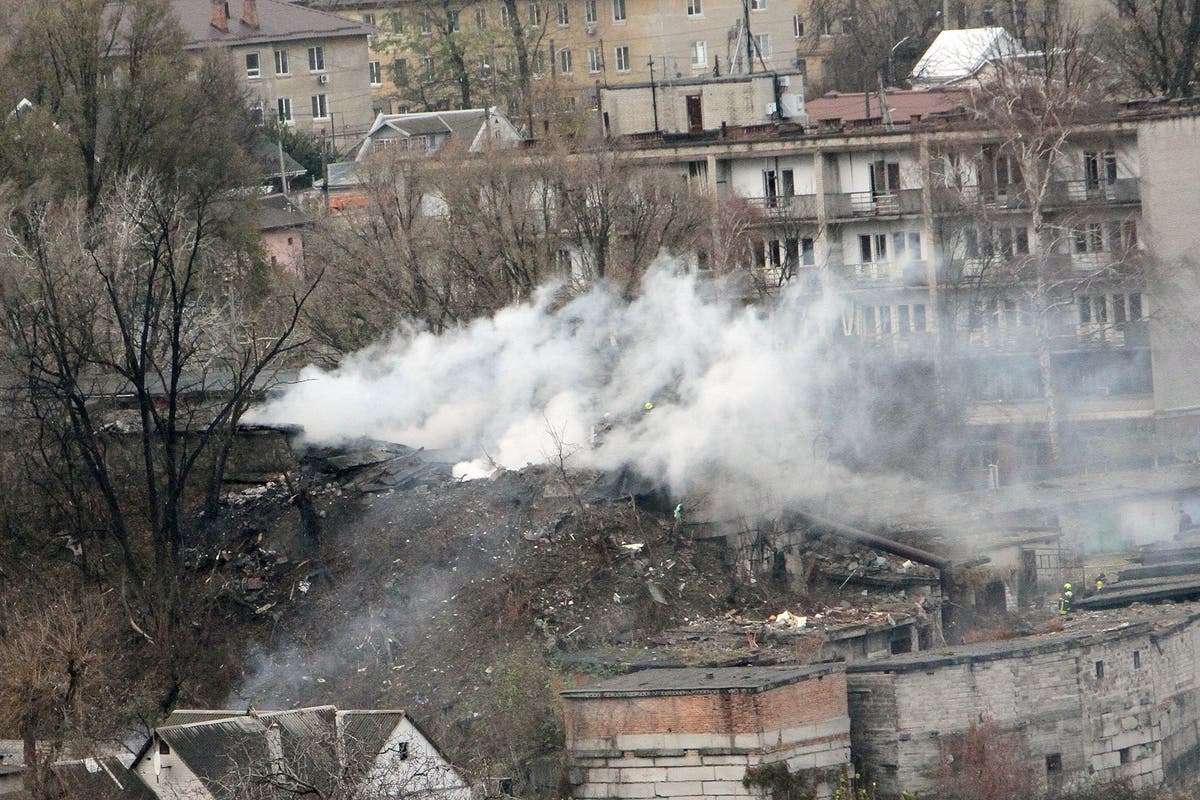Bussiness
New call made to save European textile reuse industry | Sustainability News Europe

The EU Commission needs to act quickly to keep the EU’s textile reuse, repair, and recycling industry from collapsing, according to sustainable recycling initiatives including RREUSE, ACR+, and Zero Waste Europe (ZWE).
A joint letter from the three organisations urged national and EU officials to move quickly and take immediate action to stop the collapse of the used textile value chain.
With effect from 1st January 2025, the EU is getting ready to mandate the separate collection of textile waste. A sector already struggling with market oversaturation as a result of fast fashion and growing operating expenses is anticipated to be further burdened by the rule.
The groups stated in the letter that this shift is a major threat to the EU’s circular economy goals and may have negative consequences for the environment, employment, and social businesses that are essential to the recycling and reuse of textiles.
An emergency finance structure is being called for by RREUSE, ACR+, and ZWE in order to protect the industry from the beginning of required separate collection until Extended Producer Responsibility (EPR) for textiles is fully implemented.
In the absence of sufficient EPR fees to pay post-consumer textile collection and processing, emergency funding is required to ensure the ongoing operations of current facilities and safeguard the future of textile recycling and reuse.
The organisations clarified that the funding mechanism could be facilitated by loans from the European Investment Bank (EIB), the Recovery and Resilience Fund, or the Just Transition Mechanism (run by CINEA), with repayment commitments linked to national EPR implementation. The volume and structure of these funds, whether in the form of grants or loans, should be promptly available and customised to meet the needs of the industry.
Any emergency funding should give local and regional reuse projects priority in accordance with the waste hierarchy. Funding textile collectors and sorters should receive special consideration, with an emphasis on assisting social enterprises that help people at risk of socioeconomic exclusion integrate into the workforce and avoid poverty. Municipalities should also be assisted in establishing and running textile collection programs.
According to the letter, sorting facilities are in danger of going bankrupt as a result of rising volumes and falling prices. It implies that operators have trouble locating uses for reusable things and are unable to keep them in storage continuously.
Because they can’t be sold or stored any longer, some recyclable and reusable textiles are being burned as residual garbage. It also claims that retail sales are below expectations, recycling alternatives are unreliable, and the EU’s cross-border secondhand apparel industry is saturated.









